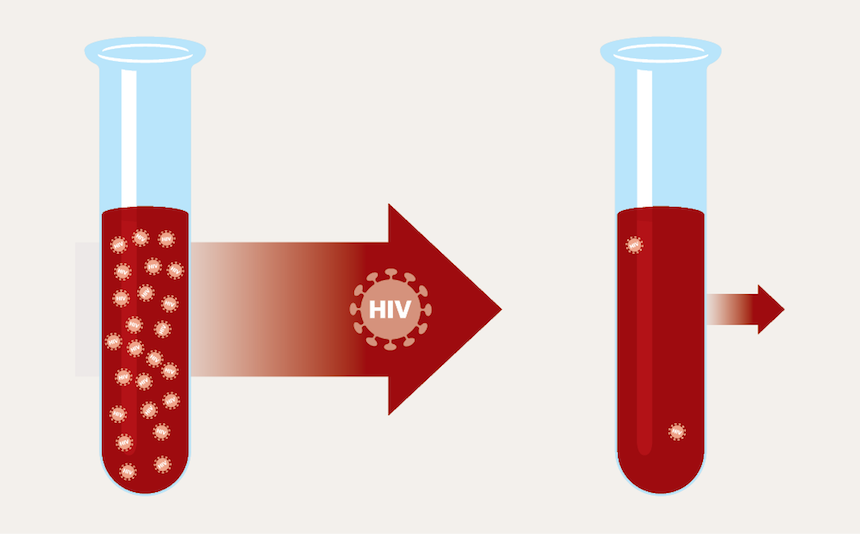

“Even in the midst of this stressful experience of testing positive for HIV, coaching people to feel happy, calm and satisfied — what we call positive affect — appears to influence important health outcomes,” said Judith Moskowitz, lead researcher of the study and professor at Northwestern University Feinberg School of Medicine’s Department of Medical Social Sciences, to Northwestern Now.
The study is believed to be the first to explore a positive affect skills intervention on people diagnosed with early stage HIV. The results from the intervention are promising for individuals recently diagnosed with other chronic illnesses.
The HIV study is a component of a larger body of positive affect research being conducted by Moskowitz. She is also researching the effects of the positive affect skills intervention on women with metastatic breast cancer, individuals with type 2 diabetes, and caregivers of dementia patients.
Moskowitz recruited 159 participants diagnosed with HIV within three months of the study. Participants were randomized into two groups- one group required five in-person positive affect skills sessions and the other was an attention-matched control condition.
Researchers designed tools based on eight skills that demonstrated an improvement in positive emotions, including:
- Recognizing a positive event each day
- Savoring that positive event and logging it in a journal or telling someone about it
- Starting a daily gratitude journal
- Listing a personal strength each day and noting how you used this strength recently
- Setting an attainable goal each day and noting your progress
- Reporting a relatively minor stressor each day, then listing ways in which the event can be positively reappraised. This can lead to increased positive affect in the face of stress
- Understanding small acts of kindness can have a big impact on positive emotion and practicing a small act of kindness each day
- Practicing mindfulness with a daily 10-minute breathing exercise, concentrating on the breath
Fifteen months after the interventions, 91 percent of the positive affect skills intervention group had a lower viral load in comparison to 76 percent in the control group. The intervention may also have a public health benefit.
“From a public health perspective, that is potentially huge for prevention of HIV,” Moskowitz said. “HIV is less likely to be transmitted with a low viral load. To have a difference like that is amazing.”
Moskowitz believes that the reduced viral load could be a result of a stronger immune system. Studies have shown that positive emotion among individuals living with HIV is associated with a higher CD4 count, a marker of less HIV-related damage to the immune system. Moskowitz notes, however, that the suppressed viral load could be a result of a participant’s better adherence to an antiretroviral drug therapy, which generally leads to a lower viral load.
Moskowitz studied the use of antidepressants within both study groups, and found that while both groups recorded at baseline that 17 percent of participants were taking antidepressants, at fifteen months after intervention, still only 17 percent of the positive affect skills group continued to take antidepressants, while the control group’s use rose to 35 percent.
Members of the positive affect skills intervention group “did not increase antidepressant use, whereas overall the control group increased its antidepressant use,” Moskowitz said.

